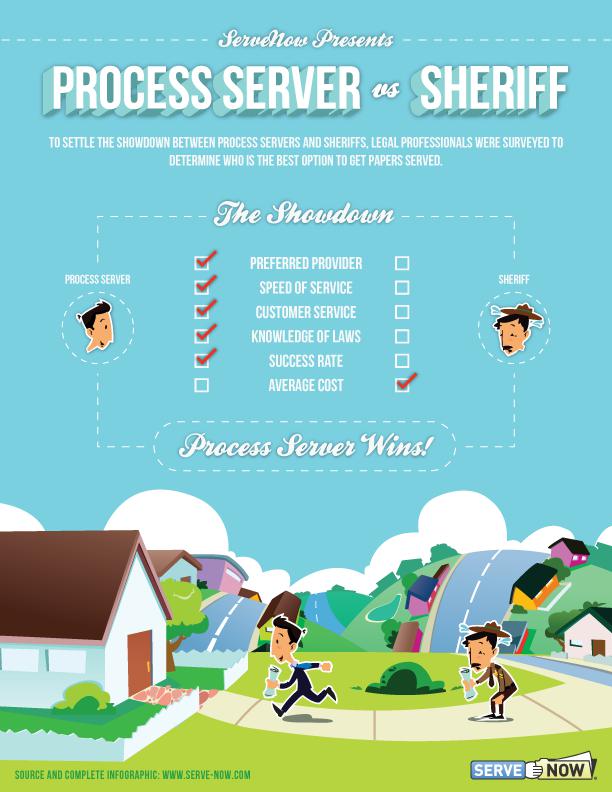A process server is the individual whose services are hired to deliver, or serve, important court papers to another individual. The cost to hire a process server may vary by jurisdiction as well as by the laws in a given area. This is because process servers are paid to deliver the documents required, which may sometimes require as many as three attempts.
TL;DR (Too Long; Didn't Read)Process servers are typically paid between $20 and $25 an hour.
Occasionally, individuals may feel like they can avoid legal prosecution by avoiding the documentation that accompanies such cases; even if not, it isn’t always easy to contact an individual to deliver important legal news. Thus, the service of process is the physical delivering of critical legal papers to the individual involved in the legal process. The process server is required to be an individual with no relation to or involvement in the case at hand, which is why in most cases the courts hire an external server.
Each individual jurisdiction has its own rules on the service of process. In general, a process server will have three attempts to deliver the papers to the individual in question. This allows the server to try different times, places and situations to deliver the process papers. The process server is legally allowed to approach the individual at his home, at his place of work, at a relative or family member’s home and other similar places.

Process servers only deliver paperwork for civil cases, and criminal cases are handled by law enforcement agents. They should check their state and local laws to ensure they are in compliance with the applicable standards.
On average, process servers make between $20 and $25 per hour in the United States. Usually, process servers are paid by the document, and depending on the kind of document in question, they can be paid anywhere from $30 to $250 per document served. Some process servers (or their companies) charge an additional fee for mileage on top of a document service charge. This depends entirely on the process server in question and how she is employed.
Certain situations can also result in additional charges. For example, if the delivery of the papers must be done immediately or as soon as possible, most servers will charge a rush fee on top of their normal service charge.
If the client is unsure where the individual lives, a server can also charge a finding fee for the hours spent researching and locating the individual. If the person being served is actively trying to avoid the papers, for example, by not answering the door or by staying elsewhere, the process server can charge a difficulty fee on top of the normal fee to cover the investigative work he has to do in order to properly deliver the paperwork. Occasionally, servers will also charge fees to have the confirmation paperwork notarized or to file the proof of service with the court.
Charges, mileage and fees are all negotiated between the client (courts, lawyers, investigators) and the process server. There are process service companies that manage these details; these companies hire individual process servers and give them their daily assignments. This can make it easier to find work, but the company is likely to charge additional handling fees that may come out of the process server's pocket. Some process servers, on the other hand, are entirely self-employed.
Overall, process server jobs may pay in total $25,000 to $75,000 per year, but success won’t be immediate. While most of these deliveries will be straightforward, there are always individuals who attempt to cheat the system and avoid paperwork service. These cases will end up costing a process server more time and can occasionally become dangerous.
PREV: SQL Server Best Practices, Part II: Virtualized Environments